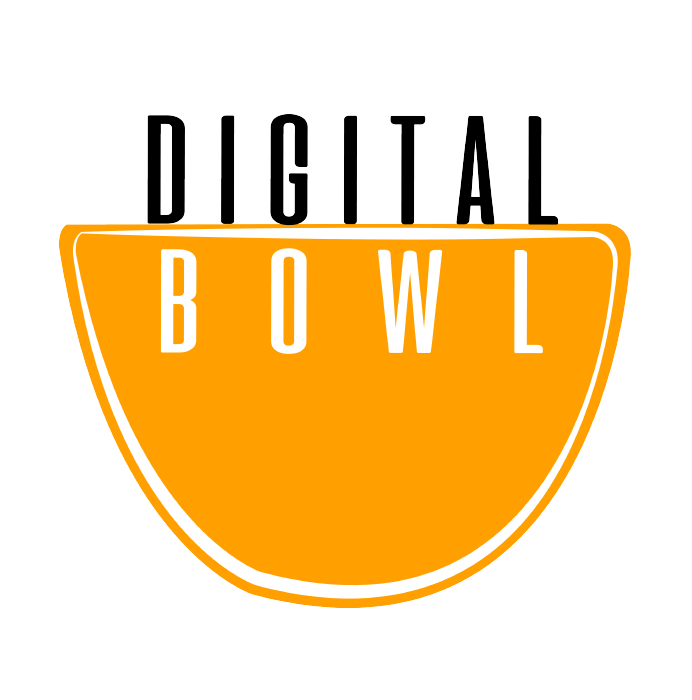Players become "prospective student athletes" when they begin ninth-grade classes. Players become "recruited prospective student athletes" at a particular college if any representative of the college's athletic interests approaches them about enrolling and participating in athletics at that college.
Activities that cause a student athlete to consider themselves recruited:
(1) Official visits to that college
(2) Getting phone calls from a representative of that college
(3) An off campus visit by a representative of that college.
A student-athlete is eligible to receive "general" university information through the mail at any time. Phone calls from faculty or coaches (not boosters) are not permitted once in March of your junior year and then not again until July 1 after completion of the junior year of high school and are limited to one per week with the following exceptions where calls may be unlimited:
Letters from coaches, faculty members and students are not permitted until September 1 at the beginning of the junior year of high school.
A college coach may "contact" a student athlete in person off campus only after July 1 after completion of the junior year in high school. Any face to face meeting between a college coach and the player or parents of a player, during which any of you say more than "hello" is considered a "contact". Coaches are permitted no more than three off campus contacts.
An evaluation is any off campus activity used to assess a student athlete's academic and or athletic qualifications. A college coach may not make more than four evaluations during each academic year.
During a student athlete's senior year they are eligible to go on "official" visits to a campus if they are invited and notified by mail. Players should make it clear to the coach in question if they want to accept the invitation as a student-athlete is limited to a total of five "official" visits. It would be my personal suggestion that players save those "official" visits for universities where extended travel is necessary. An "official" visit (no more than 48 hours) simply means that the costs are covered by the university. During any time, student athletes may go on "unofficial" campus visits as often as they like. During these "unofficial" visits players may contact the coach and receive any information requested including a campus tour. Nothing may be paid for by the coach or program in question or the visit becomes "official".
Players cannot go on an "official" visit until they give the college their academic transcripts and a score from the SAT taken on a national test date. The transcript may be a photocopy of official high school transcripts and in most cases the college will use the services of the Initial Eligibility Clearinghouse to validate credentials.
Activities that cause a student athlete to consider themselves recruited:
(1) Official visits to that college
(2) Getting phone calls from a representative of that college
(3) An off campus visit by a representative of that college.
A student-athlete is eligible to receive "general" university information through the mail at any time. Phone calls from faculty or coaches (not boosters) are not permitted once in March of your junior year and then not again until July 1 after completion of the junior year of high school and are limited to one per week with the following exceptions where calls may be unlimited:
- During the five days prior to the "official" visit to the college.
- On the day of a coach's off campus contact with the student athlete.
- On the initial date for signing the National Letter of Intent through the two days after the signing date.
- A student-athlete may call a coach as often as she likes.
Letters from coaches, faculty members and students are not permitted until September 1 at the beginning of the junior year of high school.
A college coach may "contact" a student athlete in person off campus only after July 1 after completion of the junior year in high school. Any face to face meeting between a college coach and the player or parents of a player, during which any of you say more than "hello" is considered a "contact". Coaches are permitted no more than three off campus contacts.
An evaluation is any off campus activity used to assess a student athlete's academic and or athletic qualifications. A college coach may not make more than four evaluations during each academic year.
During a student athlete's senior year they are eligible to go on "official" visits to a campus if they are invited and notified by mail. Players should make it clear to the coach in question if they want to accept the invitation as a student-athlete is limited to a total of five "official" visits. It would be my personal suggestion that players save those "official" visits for universities where extended travel is necessary. An "official" visit (no more than 48 hours) simply means that the costs are covered by the university. During any time, student athletes may go on "unofficial" campus visits as often as they like. During these "unofficial" visits players may contact the coach and receive any information requested including a campus tour. Nothing may be paid for by the coach or program in question or the visit becomes "official".
Players cannot go on an "official" visit until they give the college their academic transcripts and a score from the SAT taken on a national test date. The transcript may be a photocopy of official high school transcripts and in most cases the college will use the services of the Initial Eligibility Clearinghouse to validate credentials.













